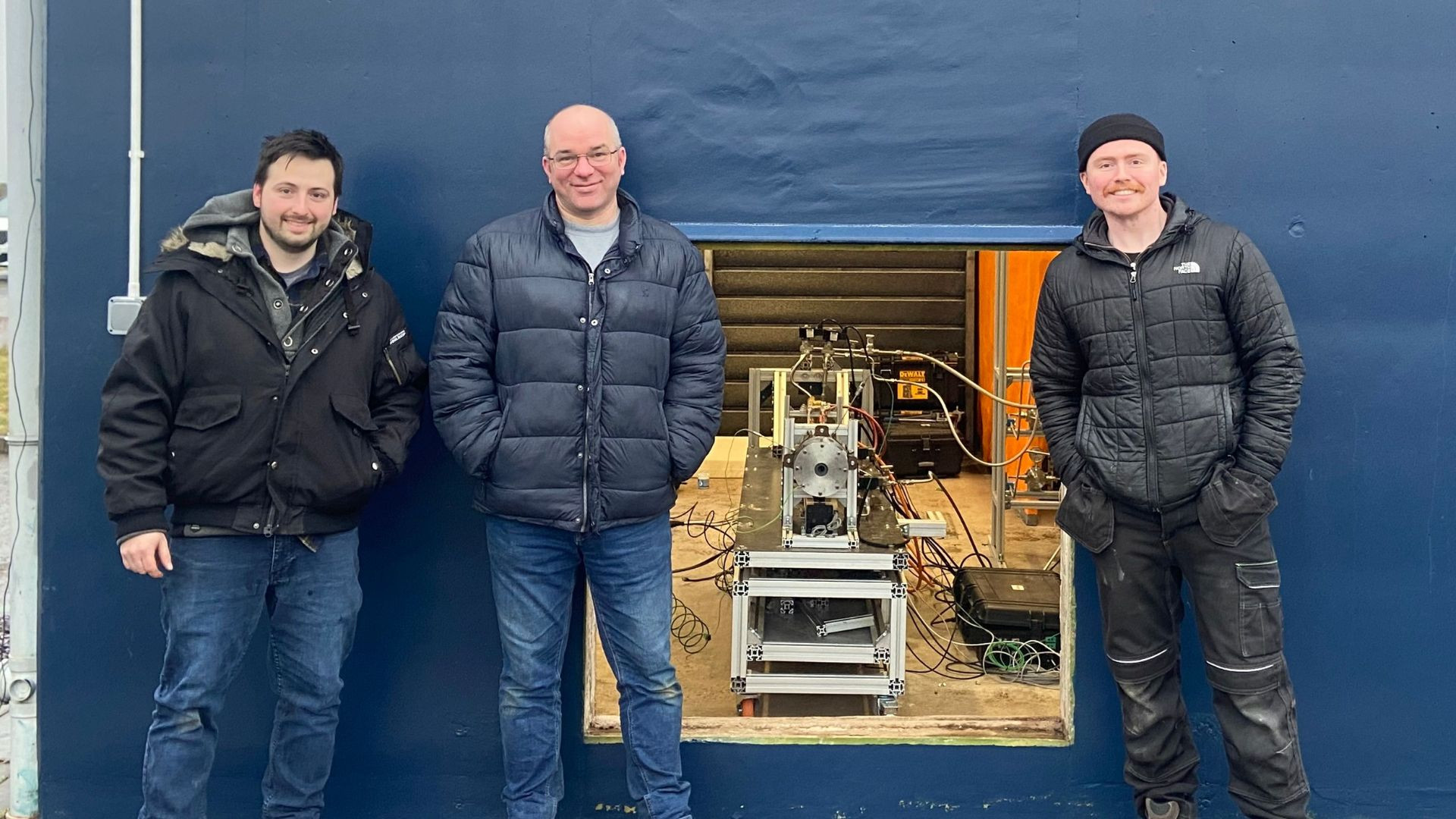The idea of a rocket consuming itself may sound like science fiction, but UK researchers are turning it into reality with their “self-eating” rocket concept. This innovative design aims to revolutionize space travel, providing a more efficient and sustainable method to reach the stars, minimizing the environmental impact of traditional rocket propulsion systems. Additionally, it addresses the threat of space debris to the International Space Station (ISS) and future space missions.
At the University of Glasgow, researchers developed the Ouroboros-3, an autophage rocket engine. It uses high-density polyethylene plastic tubing as fuel, burned alongside liquid propane and gaseous oxygen. Waste heat from the propellant combustion melts the plastic, optimizing resource utilization and enhancing engine efficiency.
Addressing Space Debris:
During tests at the Machrihanish Airbase, the Ouroboros-3 demonstrated promising performance, generating 100 newtons of thrust in controlled experiments. The rocket showcased a stable burn, with the fuselage contributing one-fifth of the total fuel required, a crucial milestone for the development of a practical flight concept.
The research team also successfully demonstrated the rocket’s ability to throttle, restart, and pulse the engine in a phased manner. These capabilities are essential for controlling the rocket during its journey to orbit, marking significant progress in the project’s feasibility.
Despite challenges, the “self-eating” rocket concept represents a bold step forward in space propulsion, potentially reshaping space travel for future generations with increased accessibility, efficiency, and sustainability.







